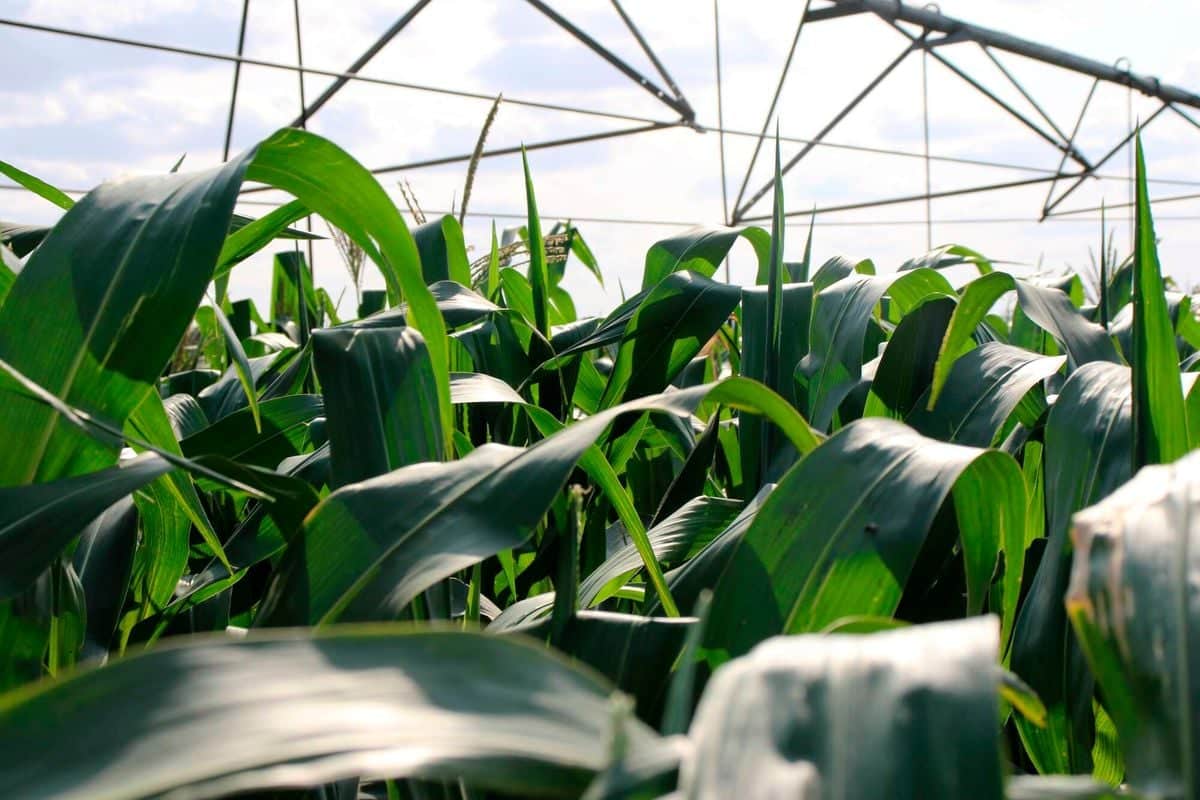Kenya has the highest number of people skipping meals or surviving without essential diets in East Africa, and is second only to South Sudan in the number of people classified as food insufficient.
This is according to a new report by the Alliance for a Green Revolution in Africa (Agra), which shows that of the 33 million people classified as food insufficient in the five East African countries, 13.6 million are Kenyans.
The report by Agra and its partners, the Bill & Melinda Gates Foundation, the Rockefeller Foundation and the United States Agency for International Development (USAid), found that by June 2024, South Sudan will have the highest proportion of its population living in food insufficiency (32.73 percent), followed by Kenya with 26.46 percent of its population living in food insufficiency.
The report analysed the prevalence of food insufficiency in Kenya, Uganda, Tanzania, Rwanda and South Sudan within the East African region.
“As of June 30, 2024, the number of people across five selected East African countries who did not have sufficient food for consumption was 33 million, a 100,000 more people over May. This signifies a deterioration in the food insecurity situation across these select countries, driven mainly by South Sudan,” the report notes.
In June, 21.14 percent of the Rwandan population was classified as food insufficient, while 18.74 percent of Ugandans and 9.24 percent of Tanzanians were also living in difficult conditions, having to skip meals or survive on limited diets.
According to the report, people with insufficient food consumption are those with poor or borderline food consumption according to the Food Consumption Score (FCS), which measures the diversity of household diets and the frequency with which food is consumed.
The FCS looks at the frequency with which a household consumes eight food groups in the week prior to the survey to classify households as having ‘poor’, ‘borderline’ or ‘acceptable’ food consumption. A household is considered to have a poor diet if it does not consume staple foods and vegetables every day and never or rarely consumes protein-rich foods such as meat and dairy products, while a household is considered to have a borderline diet if it consumes staple foods and vegetables every day and oils and pulses a few times a week.
While the organisations note that the current level of food insecurity across the region is lower than in June last year, when 42.9 million people were food insecure, they point out that Kenya has seen a huge increase in the number of people affected over the past two years.
“Except for Kenya, all other East African countries have registered declines in the prevalence of people with insufficient food consumption over the past year,” Agra notes.
Within the region, the report notes, Kenya has seen a 74.36 percent increase in the number of food-insufficient people, while countries such as Rwanda, South Sudan and Uganda have seen a decrease in the number of food-insufficient people compared to the situation in 2022.
The main drivers of hunger and food insufficiency in East Africa remain conflict – which is rampant in South Sudan – seasonal dynamics such as floods and droughts, and macroeconomic shocks such as trade disruptions.
“Above average rains in some parts of the region may have affected the ease of movement of crops impacting prices,” the report notes.
In Kenya, the report notes that food insufficiency remains critical across the country, with flood-affected areas, particularly Garissa, Tana River and Mandera counties, facing crisis levels.
“In South Sudan, emergency phase outcomes persist in 28 counties and catastrophe phase outcomes are likely in Pibor County of the Greater Pibor Administrative Area (GPAA) and among returnee households due to low seasonal food supplies, insecurity affecting ground transportation and the suspension of UNHAS airdrops in April, and deteriorating economic conditions,” the report said.
The reports of food shortages within Kenya come even as the Ministry of Agriculture continues to report improved harvests of maize, rice, beans, potatoes, sorghum, millet and avocados for the 2023 harvest season, and predicts further increases in production of some key food crops this year.
The ministry expects maize production to reach 50 million 90kg bags this year, up from 47.6 million bags last year and 34.3 million bags in 2022.
According to the latest data from the Central Bank of Kenya, the ministry also expects wheat production to grow by 55.8 percent to 5.35 million bags in 2024, sorghum by 48.1 percent to 3.26 million bags and potato production to reach 29 million bags this year.














